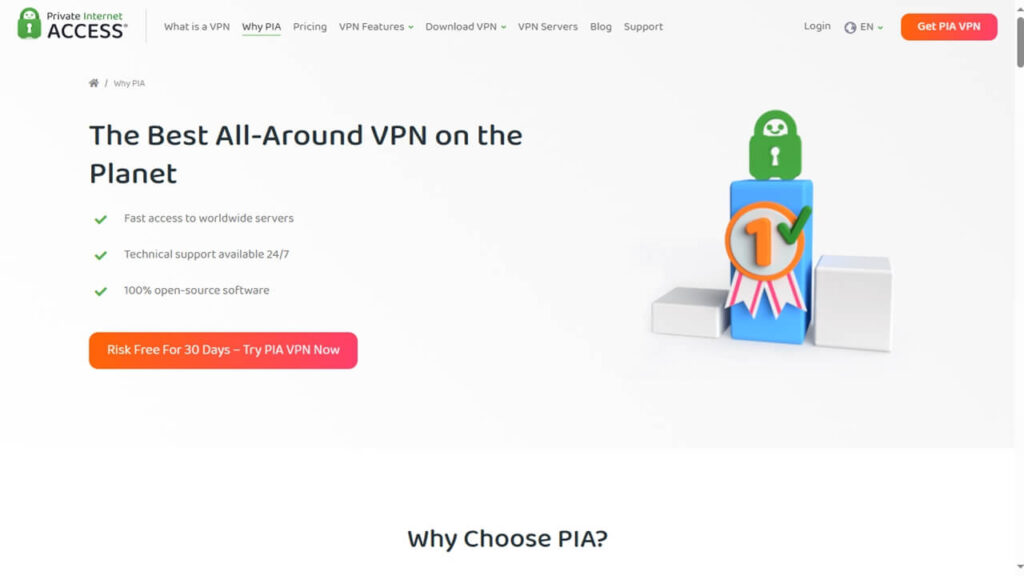
Private Internet Access (PIA) is a feature-rich virtual private network (VPN) service that prioritizes user privacy by providing robust online security features. Here are some key points about PIA:
Security and Privacy:
- PIA works by establishing an encrypted tunnel from your computer to one of their servers. This server acts as a new endpoint for your internet traffic, ensuring that your data remains secure and private.
- The service has a court-proven no-logs policy, which means it does not store any personal user connection data. This commitment to privacy is a significant reassurance for VPN users.
Performance and Speed:
- PIA consistently performs well across various testing categories. It particularly excels in privacy, local speeds, and value for money.
- When connected, PIA barely impacts download speeds, making it a reliable choice for users who prioritize fast connections.
Torrenting and Streaming:
- PIA is an excellent choice for torrenters. It offers advanced features like port forwarding and SOCKS5 to optimize peer-to-peer (P2P) traffic.
- Additionally, PIA works with streaming services like US Netflix and BBC iPlayer, although its Smart DNS tool may not work with all streaming apps.
Server Locations:
- PIA has a global network of secure servers. Users can choose from various locations to change their IP address and mask their online activity.
- Dedicated IPs are available in several countries, including Australia, Germany, Canada, Japan, Singapore, Switzerland, Belgium, Sweden, the US, and the UK.
In summary, Private Internet Access is a trustworthy VPN with great security features, excellent torrenting capabilities, and a strong commitment to user privacy. Its competitive pricing makes it an attractive option for those seeking a reliable VPN service. 🌐🔒
What are some alternatives to PIA?
Alternatives to PIA:
If you’re considering alternatives to Private Internet Access (PIA), here are a couple of VPN services you might want to explore:
- PureVPN: PureVPN offers a wide range of servers in 65 countries, supports streaming services like Netflix and BBC iPlayer, and provides browser extensions for Chrome, Firefox, and Opera. It also has competitive pricing.
- Surfshark: Surfshark is another budget-friendly option with good features. While it’s slightly more expensive than PIA, its One and One+ plans offer better features and subscription options.
How to set up PIA on your device?
Setting Up PIA on Your Device:
To set up PIA on your device, follow these steps:
- Download PIA for Your Platform: Visit the PIA website and download the app for your operating system (Windows, Mac, Linux, Android, or iOS).
- Install the App: Run the installer and follow the on-screen instructions to install PIA.
- Launch PIA: Open the PIA app and sign in using your PIA account credentials.
- Choose a Server: From the server list, select a server location you want to connect to.
- Connect: Click the “Connect” button to establish a secure VPN connection.
What encryption protocols are used by PIA
Encryption Protocols Used by PIA:
PIA takes online security seriously and offers robust encryption protocols:
- WireGuard: A relatively new protocol known for its speed, security, and efficiency. It’s faster and easier to update compared to older protocols.
- OpenVPN: A widely used and trusted protocol that provides strong encryption.
- IPsec (on iOS): Used specifically for iOS devices.
PIA’s commitment to privacy includes using these protocols to keep your data safeguarded.
Remember to choose a VPN that aligns with your specific needs, whether it’s streaming, security, or privacy. Feel free to explore these alternatives and find the best fit for you! 🌐🔒
What is the pricing for PIA?
Pricing for Private Internet Access (PIA):
PIA offers several subscription plans to cater to different user needs:
- Monthly Plan: Priced at $11.99 per month.
- 6-Month Plan: Available for $7.50 per month.
- 2-Year Plan: The most cost-effective option at $2.19 per month.
Choosing the right plan depends on your preferences and how long you’d like to use the service.
How to troubleshoot connection issues with PIA?
Troubleshooting Connection Issues with PIA:
If you encounter connectivity problems with PIA, consider the following steps:
- Switch Servers: Sometimes, changing to a different server can resolve issues.
- Check Network Settings: Ensure your internet connection is stable.
- Update PIA Client: Make sure you’re using the latest version of the PIA app.
- Disable IPv6: In some cases, disabling IPv6 can help.
- Restart Your Device: Sometimes a simple restart can fix connectivity issues.
- Visit the “What’s My IP” Page: After connecting to PIA, visit their VPN testing page. If it reports “Protected,” you’re connected; otherwise, troubleshoot further.
More about WireGuard protocol
WireGuard is a relatively new VPN protocol designed for ease of use, high-speed performance, and security.
Key features:
- Performance: It aims to outperform IPsec and OpenVPN.
- Low Attack Surface: Minimal codebase for improved security.
- UDP-Based: Passes traffic over UDP.
- Base64-Encoded Keys: Uses Curve25519 for key exchange, ChaCha20 for encryption, and Poly1305 for authentication.
- Quantum-Resistant: Supports pre-shared symmetric key mode to mitigate future quantum computing threats.
Feel free to explore PIA and WireGuard further, and let me know if you have any more questions! 😊
What are the advantages of using PIA over other VPNs?
Advantages of Using Private Internet Access (PIA):
PIA is a trustworthy VPN service that has garnered praise for several reasons:
- Privacy: PIA has a court-proven no-logs policy, meaning it does not store any personal user connection data.
- Torrenting Capabilities: It excels in torrenting and offers advanced features like port forwarding and SOCKS5 support.
- Local Speeds: PIA performs well in terms of speed, especially for local connections.
- Value for Money: With affordable price points, PIA provides excellent features at competitive rates.
How to cancel your PIA subscription?
Canceling Your PIA Subscription:
To cancel your PIA subscription, follow these steps:
- Visit the PIA website and sign in to your Control Panel.
- Scroll down to find the “Cancel Subscription” option.
- Click it and provide any necessary feedback.
- Confirm the cancellation, and your subscription will be canceled.
If you’re within 30 days of your initial subscription, you can also request a refund via customer support.
More about ChaCha20 encryption
ChaCha20 Encryption:
ChaCha20 is a symmetric encryption algorithm designed by D. J. Bernstein. Here are some key points:
- It uses a single key for both encryption and decryption.
- ChaCha20 ciphers each bit of data separately, making it faster than some other encryption methods.
- Variants like ChaCha20-Poly1305 are commonly used. They provide strong security and authentication (AEAD).
- Unlike AES, ChaCha20 doesn’t require hardware acceleration and can be implemented efficiently in software.
- Key generation for ChaCha20 doesn’t have strict mathematical requirements; it just needs to be cryptographically secure.
- Consider ChaCha20 as an alternative to AES, especially when performance matters.
Feel free to explore PIA further or dive deeper into ChaCha20 encryption! 😊🔒
What are the disadvantages of Private Internet Access (PIA)?
Disadvantages of Private Internet Access (PIA):
While PIA has several strengths, it’s essential to consider its limitations:
- Inconsistent Upload Speeds: Some users have reported varying upload speeds when using PIA.
- Can’t Access Hulu: PIA may not work with Hulu due to geo-restrictions.
- Owned by Kape Technologies: PIA is owned by Kape Technologies, which has raised concerns among privacy-conscious users.
- No Split Tunneling or Obfuscation on iOS: PIA lacks split tunneling and obfuscation features on iOS devices.
How to change your PIA server location?
Changing PIA Server Location:
To change your PIA server location, follow these steps:
- Open the PIA app on your device.
- Navigate to the server selection screen.
- Choose a different server location from the available options.
- Click or tap to connect to the new server.
PIA offers a wide range of server locations, including both physical and virtual servers.
More about Poly1305 authentication
Poly1305 Authentication:
Poly1305 is a cryptographic message authentication code (MAC) designed by Daniel J. Bernstein.
Key points about Poly1305:
- Computes a 16-byte authenticator for a variable-length message using a 32-byte key.
- Used to verify data integrity and authenticity.
- Extremely high speed without precomputation, making it efficient for various applications.
- Security closely tied to the security of AES (Advanced Encryption Standard).
- Parallelizable, incremental, and not subject to intellectual-property claims.
In summary, Poly1305 provides strong authentication while maintaining efficiency and security.
Feel free to explore further or ask if you have more questions! 😊🔒
How does PIA handle DNS leaks?
PIA and DNS Leaks:
Private Internet Access (PIA) takes DNS security seriously to prevent leaks. Here’s how they handle it:
Private IPs for DNS: Within the PIA application, private IPs are used instead of public-facing DNS servers. This ensures that DNS requests remain secure and do not leak any sensitive information.
Custom Configurations: If you’re not using the PIA application but still want to utilize PIA DNS, you can add specific IP addresses to a custom configuration file. These IPs serve different purposes:
- 10.0.0.242: DNS
- 10.0.0.243: DNS + Streaming
- 10.0.0.244: DNS + MACE (Malware, Ad, and Tracker Blocking)
- 10.0.0.241: DNS + Streaming + MACE
What is the best server location for streaming with PIA?
Best Server Location for Streaming with PIA:
The ideal server location depends on your actual geographical location. However, PIA’s servers have 10 Gbps connections, ensuring great performance regardless of the server you choose.
For example:
- If you’re on the East Coast, servers in New York or Washington DC may provide the fastest VPN speeds.
- PIA offers servers in 154 locations worldwide, including all 50 US states. Choose the one closest to you for seamless streaming.
Note: While PIA reviews well in many areas, it doesn’t actively support getting around geo-blocked content. If streaming access is your priority, consider alternatives like NordVPN, which excels in streaming.
More About AES Encryption:
Advanced Encryption Standard (AES) is a widely used symmetric block cipher algorithm established by the U.S. National Institute of Standards and Technology (NIST) in 2001.
Key points about AES:
- Block Cipher: AES processes data in fixed-size blocks (128 bits each).
- Key Sizes: AES supports key sizes of 128, 192, and 256 bits.
- Rounds: The number of rounds depends on the key length: 128-bit key (10 rounds), 192-bit key (12 rounds), and 256-bit key (14 rounds).
- Operations: AES performs substitution (SubBytes), permutation (ShiftRows), matrix multiplication (MixColumns), and key addition (Add Round Key) in each round.
- Security: Despite being harder to implement, AES is much stronger than DES and triple DES.
AES is widely used for securing sensitive data, including wireless security, database encryption, and secure communications.
Feel free to explore further or ask if you have more questions! 😊🔒
What is PIA’s stance on user privacy?
PIA’s Stance on User Privacy:
Private Internet Access (PIA) prioritizes user privacy by implementing robust security measures. Here are some key points:
- No-Logs Policy: PIA has a court-proven no-logs policy, meaning they do not store any personal user connection data.
- Encryption: PIA encrypts your internet traffic, ensuring that sensitive data remains secure and protected from eavesdropping or interception.
- Anonymity: By using PIA, your IP address and location are masked, making it difficult for websites, advertisers, or surveillance agencies to track your online activities.
- Bypassing Restrictions: PIA helps you bypass regional restrictions and access blocked content.
- DDoS Protection: While League of Legends (LoL) itself doesn’t expose your IP address, PIA can protect you from DDoS attacks in other scenarios.
How to optimize your PIA connection for gaming?
Optimizing PIA for Gaming:
To enhance your gaming experience with PIA, consider the following tips:
- Choose Nearby Servers: Connect to PIA servers close to your geographical location. Lower latency improves your gaming performance.
- Use UDP Protocol: In PIA settings, select the UDP protocol for faster connections.
- Disable Background Apps: Close unnecessary background applications to free up bandwidth.
- High-Performance Power Plan: Set your Windows power plan to “High Performance” for optimal performance.
- Game Mode: Enable Windows Game Mode to prioritize gaming processes.
- Startup Apps: Disable unnecessary startup apps to reduce resource usage.
- Check for Updates: Keep PIA and your games updated for security and performance improvements.
More about the SOCKS5 proxy feature in PIA.
SOCKS5 Proxy Feature in PIA:
PIA offers a SOCKS5 proxy alongside its VPN service. Here’s why it’s useful:
- Enhanced Security: SOCKS5 encrypts your internet traffic, protecting you from hackers and malicious actors.
- Anonymity: It hides your IP address, making it harder for websites to track your online activities.
- Bypassing Restrictions: Use SOCKS5 to access blocked content or bypass regional restrictions.
- Improved Performance: SOCKS5 can optimize data transfer and reduce network congestion.
To use PIA’s SOCKS5 proxy, connect to proxy-nl.privateinternetaccess.com on port 1080 while using the PIA app.
Feel free to explore further or ask if you have more questions! 😊🔒
How does PIA handle IPv6 leaks?
PIA and IPv6 Leaks:
When using a VPN, it’s essential to ensure that your internet traffic remains secure and private. Private Internet Access (PIA) takes measures to prevent IPv6 leaks:
- IPv6 Leak Protection: PIA disables IPv6 traffic to ensure that no IPv6 data leaks out from your regular internet connection while connected to the VPN.
- By doing so, PIA ensures that your online activities remain confidential and protected.
What is the best server location for gaming with PIA?
Best Server Location for Gaming with PIA:
For optimal gaming performance, choose a PIA server location that is as close as possible to your game server. This minimizes latency (ping) and ensures timely communication between your device and the game server.
While PIA has servers worldwide, consider selecting a server near your geographical location or the game server’s location. For example:
- If you’re in Ireland, connect to a nearby server (e.g., Frankfurt, Germany) for better ping and reduced lag.
- Experiment with different servers to find the one that provides the best gaming experience.
More about League of Legends (LoL) and VPN usage
League of Legends (LoL) and VPN Usage:
Using a VPN for League of Legends can offer several benefits:
- Stabilized Network: A VPN can stabilize your network, crucial for fast-paced games like LoL. Reduced latency ensures smooth gameplay.
- Privacy and Security: VPNs encrypt your internet traffic, protecting your data from potential threats.
- Bypassing Restrictions: If your ISP throttles gaming traffic, a VPN can help bypass such restrictions.
When choosing a VPN for LoL, consider factors like server locations, speed, and security. ExpressVPN, NordVPN, and Surfshark are popular choices for gaming. Each has its strengths, so pick one based on your preferences.
Feel free to explore further or ask if you have more questions! 😊🎮🔒



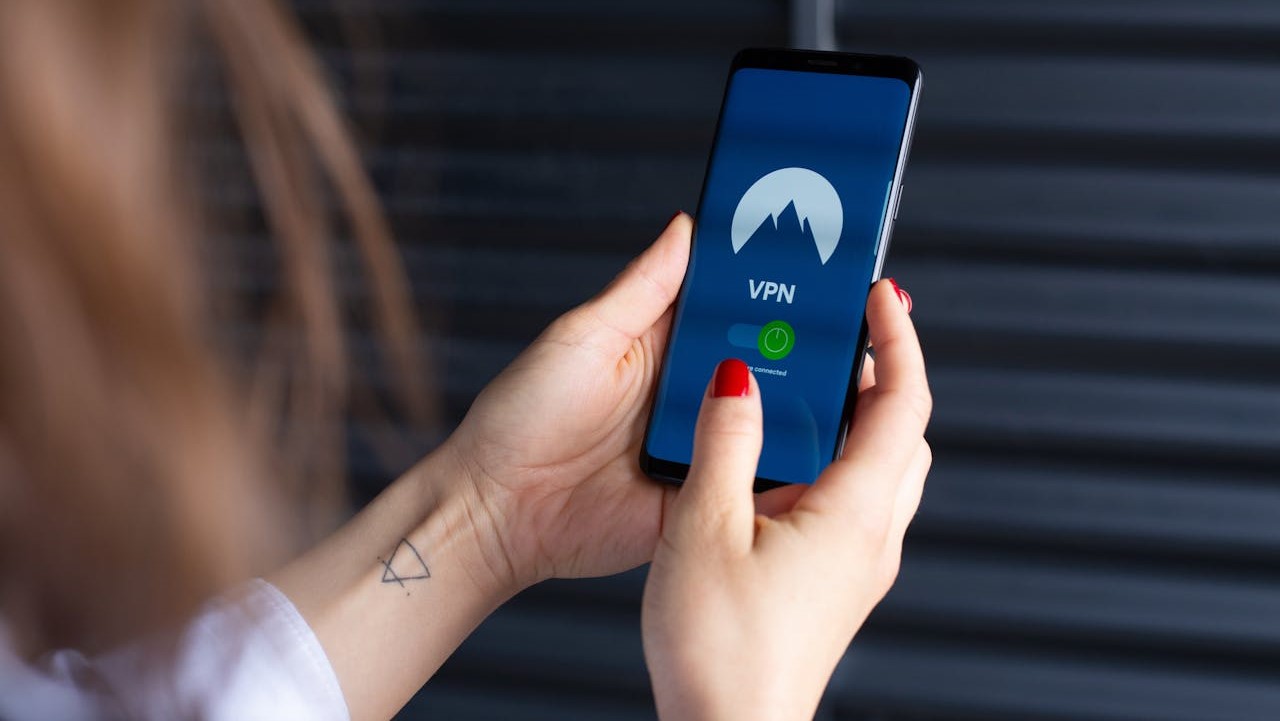
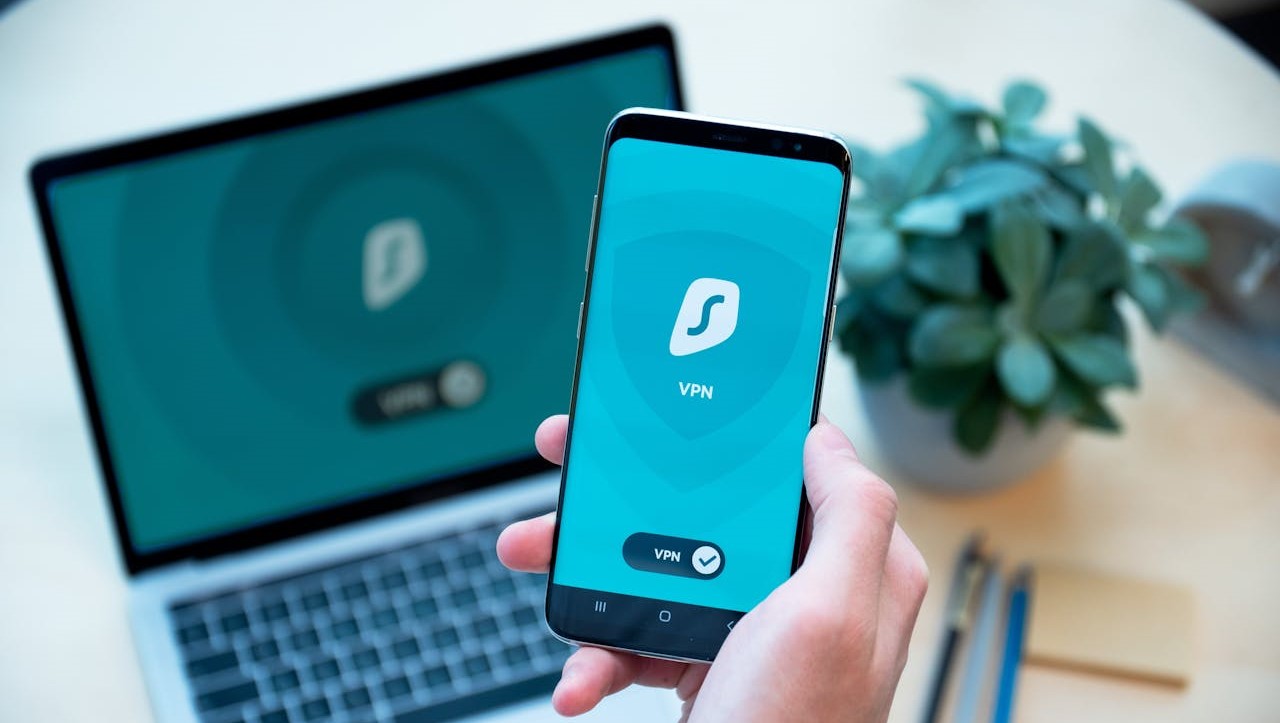
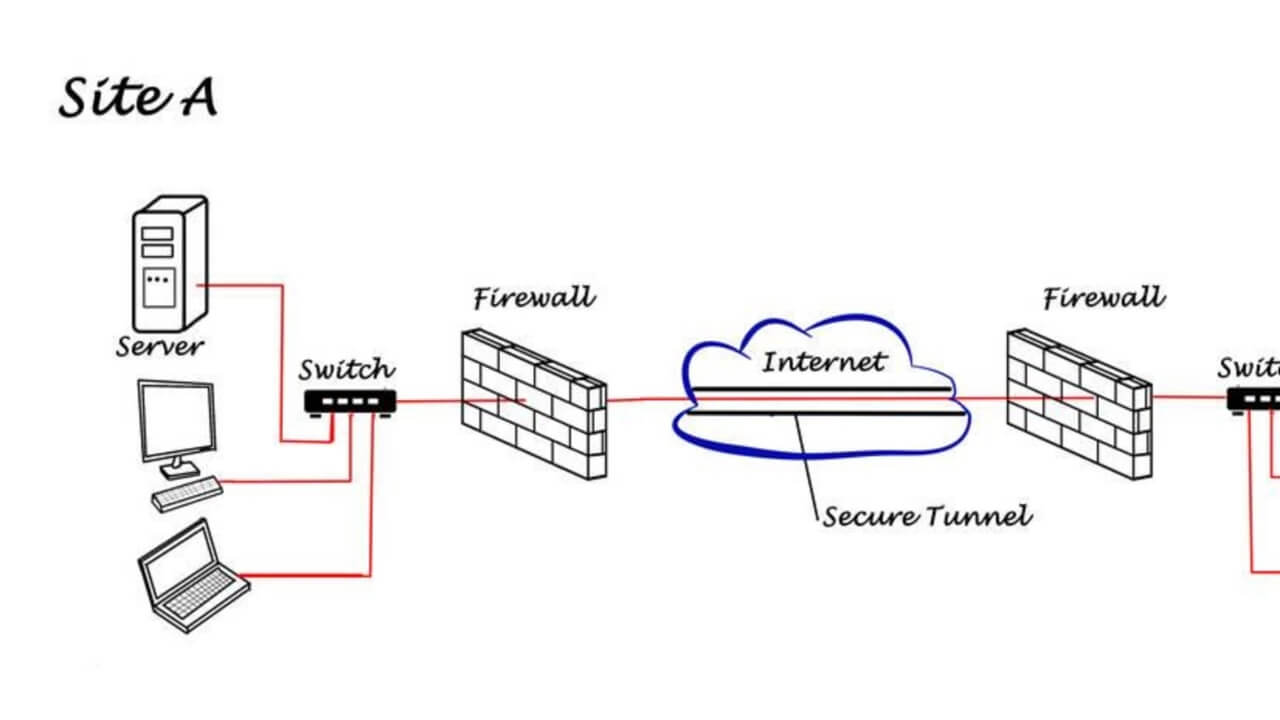

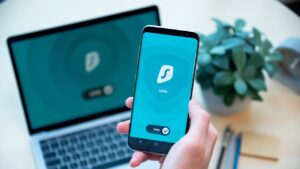
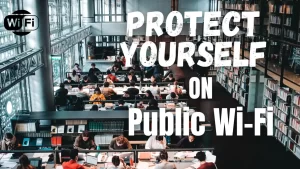














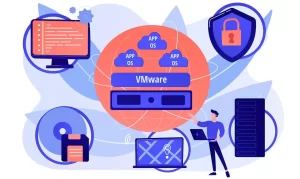

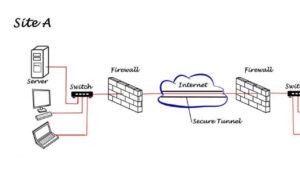
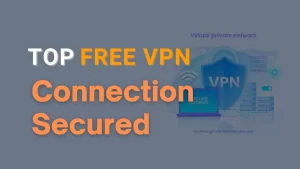
Some really interesting details you have written.Aided me a lot, just what I was looking for : D.
hi!,I love your writing so much! proportion we communicate more about your post on AOL? I need an expert in this area to unravel my problem. Maybe that is you! Having a look ahead to look you.
It is really a nice and helpful piece of information. I am glad that you shared this helpful information with us. Please keep us up to date like this. Thanks for sharing.
I like this post, enjoyed this one thanks for putting up. “The basis of optimism is sheer terror.” by Oscar Wilde.
Well I sincerely enjoyed studying it. This tip offered by you is very practical for good planning.
There is noticeably a bundle to know about this. I assume you made certain nice points in features also.
I think you have mentioned some very interesting points, thankyou for the post.
I will right away clutch your rss as I can’t in finding your email subscription hyperlink or newsletter service. Do you have any? Kindly permit me understand in order that I could subscribe. Thanks.
I simply could not go away your website prior to suggesting that I extremely enjoyed the usual info a person provide on your guests? Is going to be again continuously to check out new posts